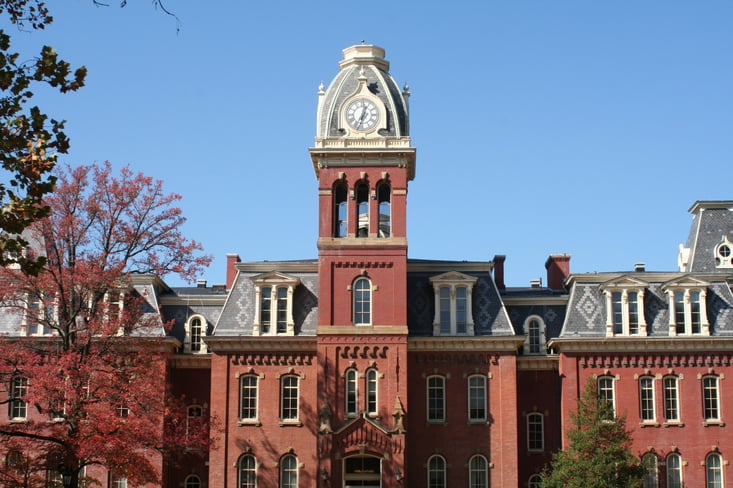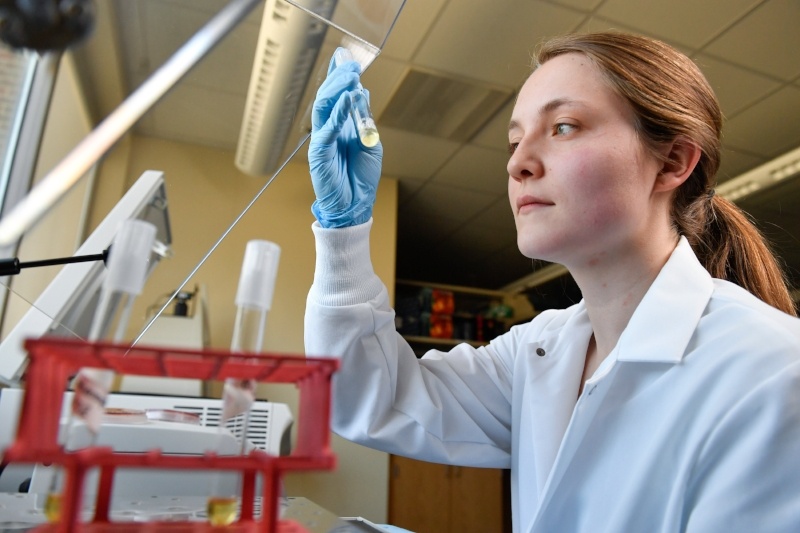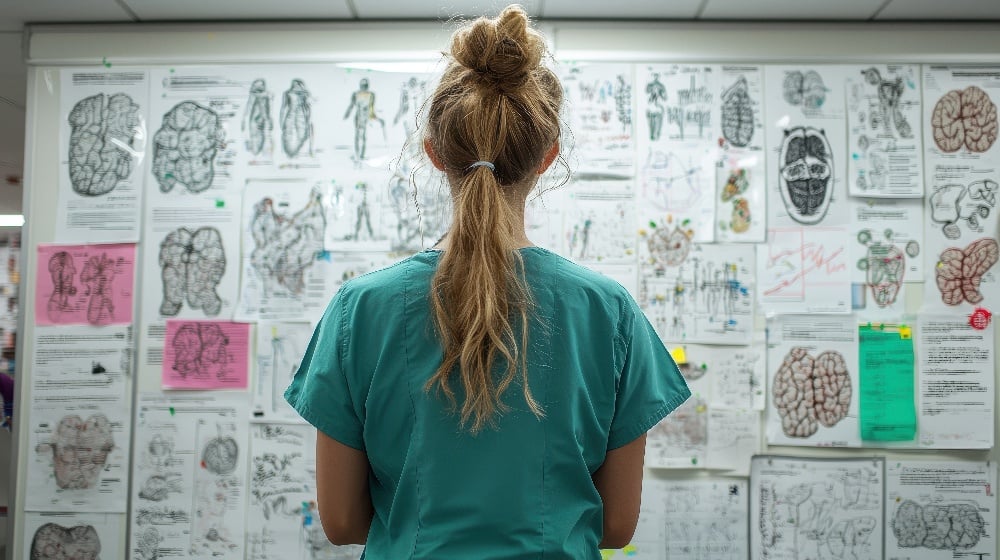 The Admissions team here at West Virginia University knows that being an international student comes with a lot of challenges. But WVU is proud to be home to many students from all over the world, and many of them have good advice and unique stories when it comes to the enrollment and academic experience at WVU.
The Admissions team here at West Virginia University knows that being an international student comes with a lot of challenges. But WVU is proud to be home to many students from all over the world, and many of them have good advice and unique stories when it comes to the enrollment and academic experience at WVU.
That’s why we talked to Miguel Medina Munoz and Apoorva Ravi Shankar and got some insight into what their interests are and why they chose to come to the U.S. and pursue an education from West Virginia University.
For just a little bit of background on these two exceptional students:
- Miguel E. Medina Munoz is 27 years old. He was born in Venezuela but moved to the United States (to West Virginia) on December, 31 2015. He is interested in vegetative life including cactus, orchids, and nature in general.
- Apoorva Ravi Shankar is from India. She's 26 years old, and she came to the United States in August 2014. She's interested in furthering his lab skills, because she's interested in a very specific type of biology.
In what stage of academia are you?
MM: I'm a Ph.D. student. I got my B.S. in 2012.
AS: I am currently a Ph.D. student. I did my M.S. at St. Joseph’s College in 2013.
What are you studying at West Virginia University?
MM: I'm studying Biology.
AS: I’m studying Biology.
When do you expect to graduate?
MM: I expect to graduate by 2020.
AS: I will graduate in 2019.
Are you involved in any graduate assistantships at WVU? If so, which one?
MM: I'm in a research assistantship right now, and for the last three semesters, I was a TA for Introductory Physiology (BIOL117, Spring 2016), The Living Cell (BIOL219, Fall 2016), and then BIOL117 again (Spring 2017). I have found these assistantships opportunities to be great practice for my future plans as a researcher.
AS: Yes, my program has me shuffle between a graduate teaching assistantship and a graduate research assistantship every semester. It’s a lot to balance, but both GA positions have been a great learning experience for me. I’m grateful to have to the chance to participate in them.
Why did you choose to study at WVU?
MM: I was interested in working with vectors and had some background on that from my education in Venezuela. I’m in the Rio Lab, and I get to work with tsetse flies and study vectors of sleeping sickness.
AS: I had been corresponding with Dr. Jen Gallagher; I really liked hearing her wealth of knowledge, and I decided I was interested in working with her.
What do you hope to pursue professionally upon graduation?
MM: I hope to apply the skills I’ve learned in the areas of Molecular Biology, Bioinformatics, and teaching. I also hope to pursue my own line of research on vector Biology.
AS: I hope to stay in academia. Right now I’m learning wet lab skills as well as dry lab skills required by a yeast genomicist.
How did WVU’s professionals make the admissions process easy for you?
MM: They consistently made an effort to stay in communication with me by sending paperwork to my address in Venezuela, which I really appreciated. WVU's professionals were also very friendly whenever I coordinated with them.
AS: I had an interview with Dr. Gallagher, and she was extremely helpful. At the time, Dr. Rio was the graduate chair and was also a huge help by answering my questions and being available to me.
What was the hardest thing about enrolling at WVU?
MM: The hardest thing was my appointment at the U.S. Embassy in Caracas, Venezuela. But as I said, the WVU professionals made the enrollment process stress free, even from my home in Venezuela.
AS: Figuring out what classes to register for the first semester!
If you could give one piece of advice regarding the WVU application process to an international student, what would it be?
MM: Regarding the application process, I would advise aspiring students to do it with enough time before the date they plan to start. Make the effort to keep in touch with the Admissions professionals at WVU. They are ready and available to make the enrollment process as simple and stress free as possible.
AS: I would simply say that international students should consider coming to Morgantown and see for themselves what WVU has to offer. Don’t just do online research! Make an effort to come visit WVU in person.
As an aspiring STEM professional and leader, we invite you to explore our newest interactive resource — A Guide to Graduate Programs and Careers in STEM!


-489630-edited.jpg)






